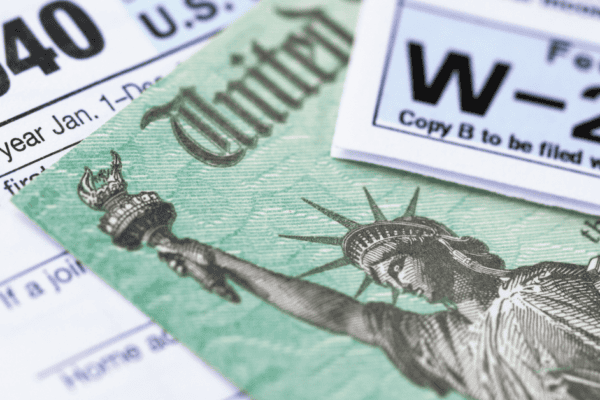As you have probably heard, President Biden last week announced his long-awaited student loan relief plan, with the headline being $10,000 in student debt cancellation for certain borrowers. With this announcement, you may be wondering: “How does this plan affect me? Do I qualify for forgiveness? What should I do now?” Below is a FAQ to help address these important questions:
Q: Who qualifies for forgiveness?
A: President Biden’s plan includes $10,000 of student debt cancellation for individual borrowers with income less than $125,000/year ($250,000/year for married couples). To qualify, borrowers may use their 2020 OR 2021 income, as long as either is under the limit. In addition to the $10,000 for all qualified borrowers, borrowers that received a Pell Grant (issued only to students demonstrating a significant financial need) while attending school will be eligible to receive an additional $10,000 in cancellation, for a total of $20,000. All forgiveness applies to ONLY Federally-held student loans. Private loans are not eligible. If one of your children has loans, and they are a dependent of yours, then forgiveness is based on your income, not your dependent child.
Q: Is the loan forgiveness taxable?
A: You will not owe Federal tax on the loan forgiveness but states may levy taxes.
Q: Are Parent PLUS loans eligible?
A: Yes, for undergraduate and graduate loans.
Q: What else is included in the plan?
A: There are a number of additional actions and proposals in the plan that will have short and long-term effects on student loan borrowers:
- Extension of the payment and interest pause: President Biden has announced that the pause on federal student loan repayments will be extended through December 31, 2022. This means that payments are set to restart in January of 2023.
- New proposed income-driven repayment plan: The new plan will cut the amount of discretionary income a borrower is expected to pay on their loans from 10% to 5% and increase the non-discretionary income exclusion to 225% of the federal poverty line. For borrowers with initial loan balances of $12,000 or less, the proposed repayment plan cuts that forgiveness time frame in half, from 20 years to 10 years. The plan will also cover unpaid interest, meaning that, so long as the borrower makes their regular monthly payments, interest will not accrue on their loan (AKA their balance will not increase).
- Proposed updates to Public Service Loan Forgiveness (PSLF): the Department of Education has proposed changes to the PSLF program that make it easier for those working in public service to qualify. As a reminder, the temporarily expanded PSLF (TEPSLF) will expire on October 31, 2022, so if you believe you may qualify for PSLF under the temporary changes, make sure you apply before October 31!
Q: What should I do now to prepare for the cancellation?
A: President Biden announced that an application for cancellation will be available in the next few weeks, and at least before the payment pause ends on December 31. You can sign up to receive updates from the US Department of Education here. You can also log in to your FAFSA (Free Application for Federal Student Aid) account with your FSA ID and check your student aid report. This report details the amount and type of student aid awards you received and will let you know if you received any Pell grants. If you are already on an income-driven repayment plan, you may be one of the 8 million borrowers that will automatically qualify for cancellation as the Department of Education already has your income information on file. If not, or if you are unsure, keep an eye out for the application and be ready to apply when it is up!
Q: Will States consider student loan debt forgiveness a taxable event?
A: In many states, the answer could be, “yes”.
*We should note that this plan is not final, as there are expected to be legal challenges to this order.
Lastly, know that you are not alone in navigating the ever-changing world of student loans. We here at Greenspring are ready to help you with some planning if you or your family members have loan balances, plan for cancellation/forgiveness if you qualify, and/or also plan to repay the remaining balance of your student loans in alignment with your other financial goals. Contact us online or reach out to your advisor directly.
If you are a participant in a retirement plan that we manage, contact our (k)larity @ Work™ team at www.greenspringadvice.com. If you are an individual looking for assistance managing your finances, contact us here to learn more about our Private Wealth services!
Would you like a schedule a call now?
You can get started now by booking an appointment with a financial advisor.
Information contained herein has been obtained from sources considered reliable, but its accuracy and completeness are not guaranteed. It is not intended as the primary basis for financial planning or investment decisions and should not be construed as advice meeting the particular investment needs of any investor. This material has been prepared for information purposes only and is not a solicitation or an offer to buy any security or instrument or to participate in any trading strategy. Past performance is no guarantee of future results.
Recent Insights

Fleeting Fad or Future Fortune – The New Bitcoin ETFs are Here

Tax Drag: Picking Up Nickles

